Is L’Occitane Cruelty Free? Unveiling the Truth Behind The Brand
Ever found yourself lost in the beauty aisle, asking, “Is L’Occitane cruelty free?” You’re not alone! My journey towards conscious consumerism has led me to ponder this very question. With ethical shopping at the forefront, it’s important we thoroughly understand brands’ animal testing policies and their potential implications on a cruelty-free status.
Within these lines, we’ll dissect L’Occitane’s practices, spotlighting their certifications and their controversial stance in markets like China. Plus, we’ll cast a light on any foreseeable changes that might alter their current stature.
So, if you care deeply about aligning your beauty routine with compassionate choices, keep reading. We’re about to see how L’Occitane measures up against your values and explore alternative brands that deliver both, beauty and ethics.
Does L’Occitane Test on Animals?
L’Occitane’s Official Animal Testing Policy
L’Occitane publicly states that they do not test their products or ingredients on animals. This applies to their own operations and suppliers, who are also expected to adhere to this policy. However, there are exceptions due to regulatory requirements in certain markets. Specifically, some countries, like mainland China, mandate animal testing for imported cosmetics. Therefore, while L’Occitane avoids animal testing where possible, they permit it in regions where it’s legally required to distribute their products.
The Question of Animal Testing in Mainland China
L’Occitane faces a significant challenge in balancing its cruelty-free stance with the demands of the Chinese market. Mainland China has stringent laws that require imported cosmetics to undergo animal testing to ensure consumer safety. This poses a dilemma for L’Occitane, as compliance with these laws is essential for them to maintain access to this lucrative market. Although L’Occitane is committed to advocating for alternative testing methods, they currently comply with these regulations, resulting in their products being tested on animals by third parties as required by Chinese law.
The Reality Behind L’Occitane’s Cruelty-Free Claims
L’Occitane’s Cruelty-Free Certifications: PETA and Others
One significant aspect of determining whether a brand is truly cruelty-free lies in its certifications. Despite L’Occitane’s claims about their stance against animal testing, organizations like PETA do not recognize them as a cruelty-free company. The absence of certifications from entities such as Leaping Bunny or Cruelty-Free International raises questions about their practices.
This lack of endorsement can be a crucial factor for those of us seeking strictly cruelty-free brands. These certifications are often considered benchmarks in ethical product manufacturing, ensuring that no animal testing is involved. Therefore, when asking “is L’Occitane cruelty-free?” the absence of these key certifications implies that they do not fully meet the accepted criteria.
How Does the Community View L’Occitane’s Cruelty-Free Status?
For many within the cruelty-free community, L’Occitane does not align with the values they hold dear. Their compliance with mandatory animal testing laws in markets like mainland China continues to be a major sticking point. This adherence affects their standing among consumers who are particular about cruelty-free product usage.
Invalid YouTube video ID
Websites like Cruelty-Free Kitty, known for their stringent vetting processes, confirm that L’Occitane does not qualify as a cruelty-free brand. Therefore, despite L’Occitane’s efforts in other areas, their participation in markets requiring animal testing undermines their cruelty-free claims. This makes the community skeptical and cautious about trusting the brand’s ethical standing.
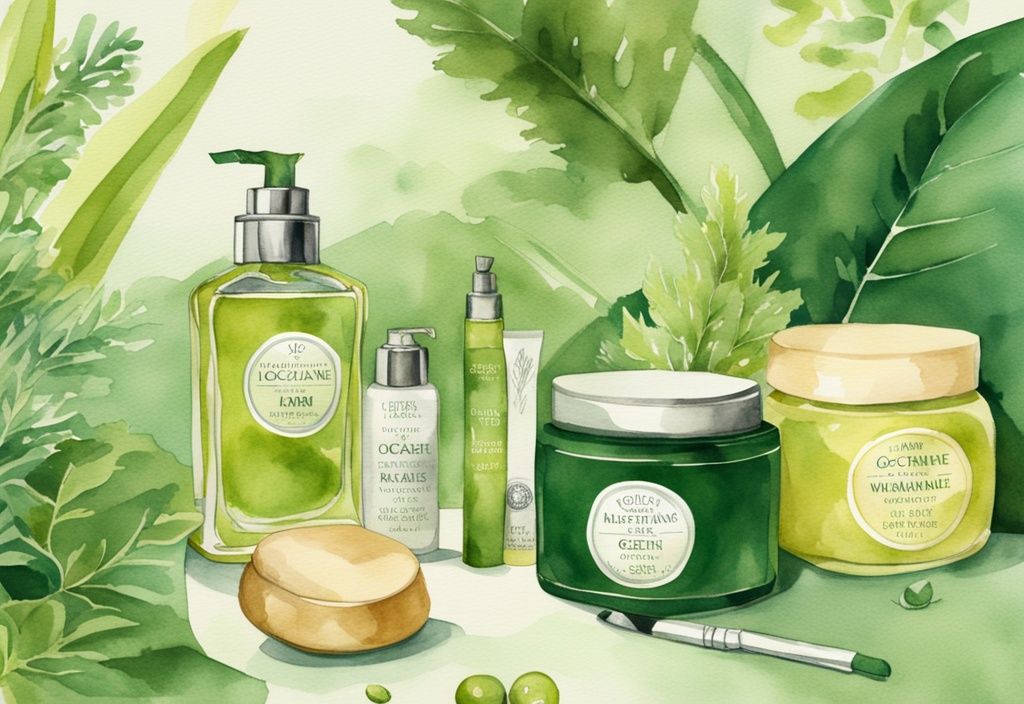
Understanding L’Occitane’s Move Towards Cruelty-Free Practices
L’Occitane’s effort to move toward cruelty-free practices involves meaningful collaborations and adapting to shifting global regulations. Here’s a closer look at their key strategies:
L’Occitane’s Partnership: Institute for In Vitro Sciences (IIVS)
L’Occitane has taken commendable steps to advocate for non-animal testing methods by partnering with the Institute for In Vitro Sciences (IIVS). This collaboration aims to promote the global acceptance of in vitro testing, which can replace traditional animal testing methods. Through this partnership, L’Occitane contributes to the development and validation of alternative testing methods that do not involve animals.
Working closely with IIVS, L’Occitane enhances their strategy to influence regulators and stakeholders, particularly in markets like China, where animal testing is a regulatory requirement. This commitment showcases L’Occitane’s dedication to abolishing animal testing while maintaining product safety and efficacy.
Regulation Changes in China: A Step Towards Cruelty-Free?
China is currently reconsidering its regulations, particularly those that mandate animal testing for imported cosmetics. This potential shift in the regulatory landscape could play a crucial role in L’Occitane’s journey towards being recognized as cruelty-free.
If these new regulations are adopted, certain categories of cosmetics might no longer require animal testing, aligning more closely with global cruelty-free standards. Such changes could significantly impact L’Occitane’s ability to fully embrace cruelty-free practices, facilitating easier compliance with international cruelty-free certifications.
The ongoing regulatory developments in China are, therefore, pivotal for L’Occitane and other brands striving to eliminate animal testing from their approval processes. This hopeful progress promises a future where cruelty-free certification is globally attainable.
Transparency in Ingredient Sourcing and Animal Testing
Understanding a brand’s commitment to cruelty-free practices means looking beyond just their own operations. It extends to evaluating their suppliers and the transparency of their policies, providing a complete picture of the company’s ethical standards.
L’Occitane Suppliers’ Animal Testing Policies: What We Know
Delving into whether is L’Occitane cruelty-free involves much more than just the company’s in-house practices. It’s crucial to consider the animal testing policies of their suppliers. As things stand, L’Occitane has yet to offer clear insights into their suppliers’ stance on animal testing. This lack of transparency makes it challenging to fully verify the brand’s adherence to cruelty-free standards.
When trying to gauge a brand’s cruelty-free status, it’s essential to ensure both the company and its suppliers uphold ethical practices against animal testing. Without this clarity, it becomes tough for consumers to make well-informed decisions based on the brand’s claims. Ethical consumption hinges on trust and transparency, making this aspect particularly significant.
Animal-Derived Ingredients in L’Occitane Products: A Closer Look
An important aspect to consider is that L’Occitane does not classify itself as a vegan brand, which is a crucial factor for many ethical consumers. The inclusion of animal-derived ingredients in their product lineup complicates the question of is L’Occitane cruelty-free. This is particularly relevant for those who prioritize both cruelty-free and vegan criteria in their beauty products.
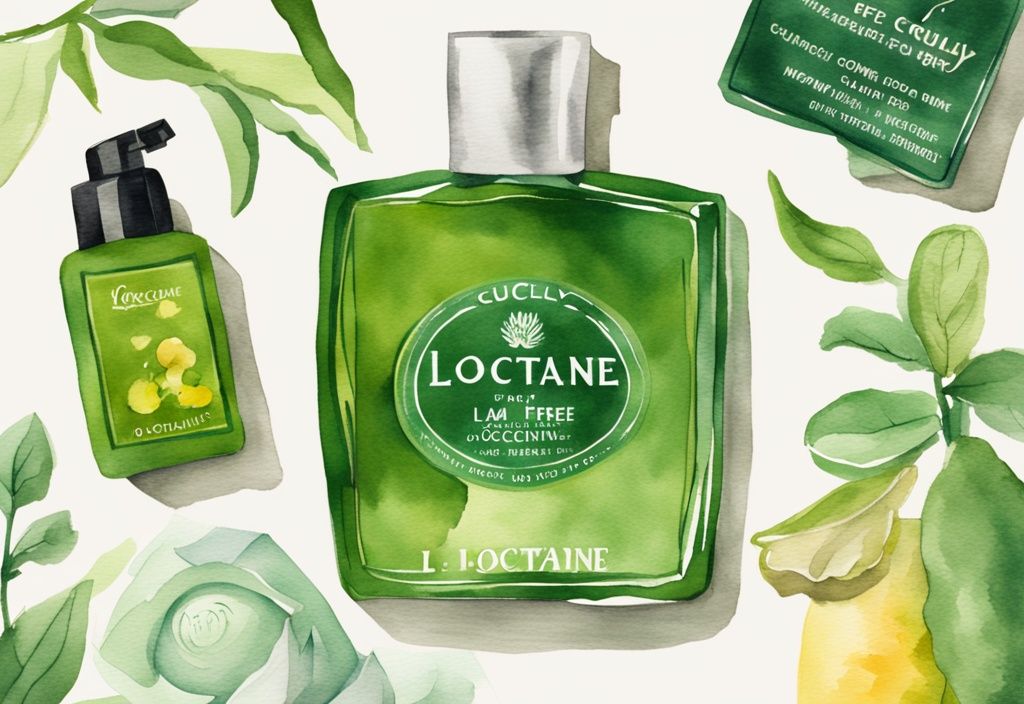
While L’Occitane makes notable efforts towards sustainability and ethical sourcing, the use of ingredients like beeswax and honey can impact their appeal to vegan consumers. For individuals committed to a completely cruelty-free and vegan lifestyle, this might mean looking elsewhere for their beauty needs. Aligning personal values with product choices is vital, and understanding these nuances helps in making informed decisions.
Cruelty-Free Consumer? Here are Your Alternatives
If you’re wondering is l’occitane cruelty free and looking for alternatives, you’re in the right place. Numerous reliable brands uphold cruelty-free values, ensuring ethical shopping without compromising on quality. Trustworthy resources like PETA’s “Companies That Don’t Test on Animals” offer comprehensive lists, guiding you towards making informed choices.
Trustworthy Cruelty-Free Brands to Consider
Brands such as The Body Shop, Pacifica, and Paul Mitchell are renowned for their cruelty-free certifications. These brands not only avoid animal testing but also often engage in broader advocacy for animal rights. When you choose these brands, you’re choosing to support a kinder, more ethical approach to beauty and personal care products.
Certifications like Leaping Bunny and Cruelty-Free International serve as reliable markers. Look out for these symbols to make sure your purchases align with cruelty-free standards. They make it easier for you to shop with confidence, knowing that your choices are contributing to a cruelty-free world.
Vegan Product Options For You
If you’re committed to both veganism and cruelty-free products, you’ll be delighted to know that many brands cater to your needs. Resources like “Vegan Companies That Don’t Test on Animals” lists are invaluable, providing detailed information about brands that strictly adhere to vegan and cruelty-free principles.
Brands like Alba Botanica, Herbivore Botanicals, and e.l.f. Cosmetics offer extensive vegan lines that comply with cruelty-free standards. Prioritizing these brands supports cruelty-free practices and ensures no animal-derived ingredients are in your products. This dual commitment offers a balanced approach to conscientious consumerism, making it easier for you to align your purchases with your values.
What Future Looks Like for L’Occitane’s Cruelty-Free Status
The landscape of cosmetic testing, particularly in relation to animal welfare, is undergoing significant changes. These shifts could have a profound impact on well-known brands like L’Occitane. Let’s take a closer look.
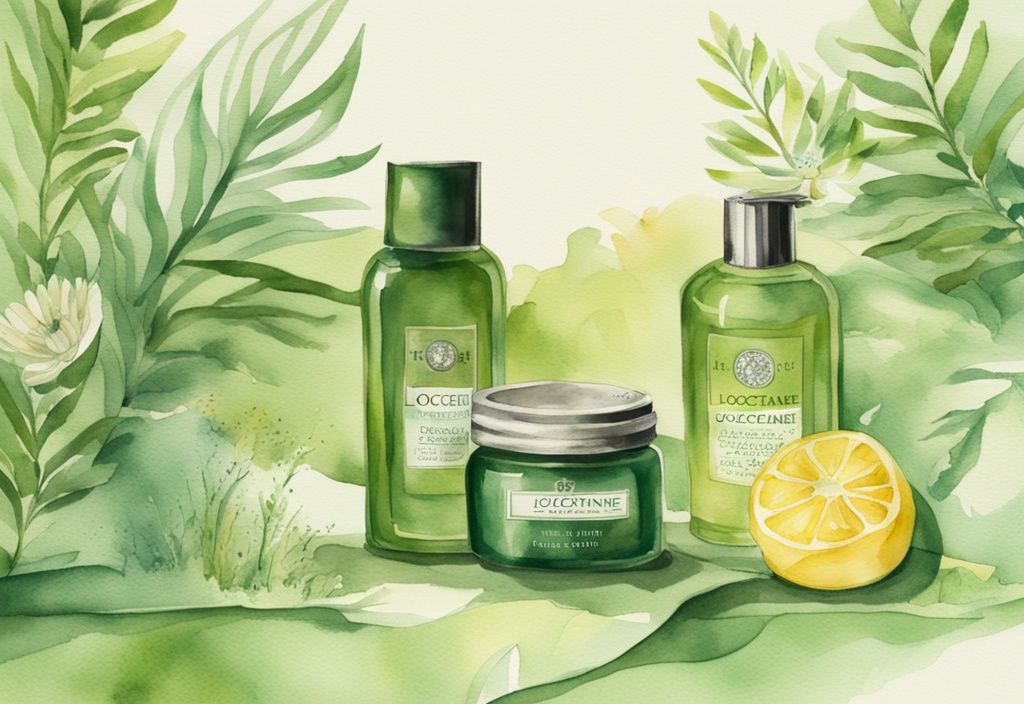
Upcoming Cruelty-Free Regulation Changes in China
China’s regulatory terrain is shifting, providing hope that mandatory animal testing for imported cosmetics might soon be a thing of the past. Historically, China required animal testing for foreign cosmetics, presenting a significant hurdle for brands dedicated to cruelty-free practices.
Recently, Chinese regulators have been considering new laws to redefine safety assessment protocols for cosmetics. Should these regulations come into effect, alternative testing methods, which do not involve animals, could be validated and accepted for certain products. This change could enable L’Occitane to distribute their products in China while upholding their cruelty-free commitments.
Could We See a Shift in L’Occitane’s Animal Testing Policies?
L’Occitane’s consistent efforts and the evolving regulatory environment hint at a possible shift in their animal testing policies. Part of their commitment to cruelty-free practices includes collaboration with the Institute for In Vitro Sciences (IIVS). This partnership seeks to promote non-animal testing methods globally. By working with IIVS, L’Occitane is actively involved in developing and validating alternative testing methods. For more on the negative effects of popular products, you might want to read about the question, is Keurig coffee bad for you. They also advocate for the acceptance of these alternatives by regulators. This continuous advocacy and strategic partnerships are vital for accelerating the transition to cruelty-free practices.
Involvement in regulatory discussions and promoting scientific advancements positions L’Occitane closer to cruelty-free standards in the future. Should China officially adopt animal-friendly regulations, it could significantly bolster L’Occitane’s approach and potentially restore their standing in the cruelty-free community.
FAQ: All Your L’Occitane Cruelty-Free Queries Answered
What does PETA Say About L’Occitane’s Cruelty-Free Status?
PETA does not list L’Occitane as cruelty-free. The lack of PETA’s cruelty-free logo suggests that L’Occitane adheres to animal testing regulations in specific regions, including China.
Why Does L’Occitane Test on Animals in China?
Legal requirements in China mandate animal testing for imported cosmetics. L’Occitane follows these laws to tap into China’s profitable market, even though this contradicts cruelty-free principles.
Any Cruelty-Free Brands Similar to L’Occitane?
There are alternatives for those committed to cruelty-free products. Brands endorsed by PETA have impeccable ethical standards and cruelty-free certifications. These options are perfect for ethically-conscious buyers.
How is L’Occitane Working to End Animal Testing?
Through a partnership with the Institute for In Vitro Sciences (IIVS), L’Occitane is advocating for alternative testing methods. Their engagement in regulatory conversations, particularly in China, supports efforts to eliminate animal testing.
Are L’Occitane’s Vegan Products Also Cruelty-Free?
L’Occitane’s vegan products are not automatically cruelty-free. Due to the possibility of animal testing in certain markets, it’s wise to independently confirm both vegan and cruelty-free statuses of these items.
Hi, I’m Olivia Green, the voice behind nontoxicways.com. I’m passionate about helping you make the shift to a healthier, non-toxic lifestyle without feeling overwhelmed. I love sharing my personal journey, from small changes to big transformations, along with practical tips that make it all feel doable. My goal is to inspire and guide you toward a lifestyle that benefits both your well-being and the planet. Let’s take this journey together, one simple step at a time!
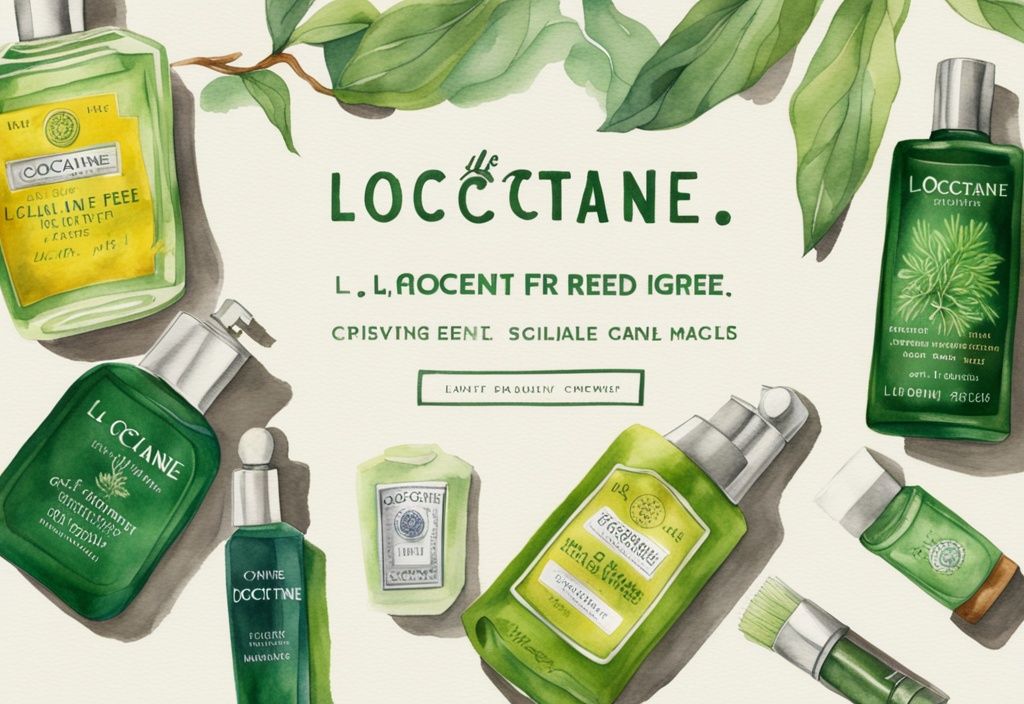
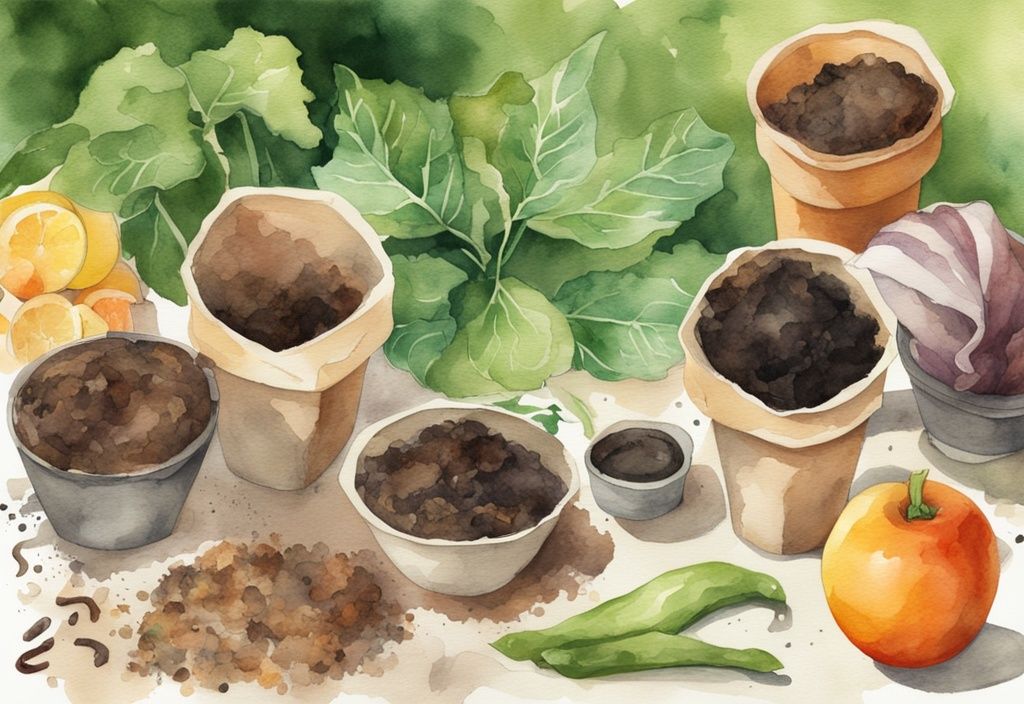
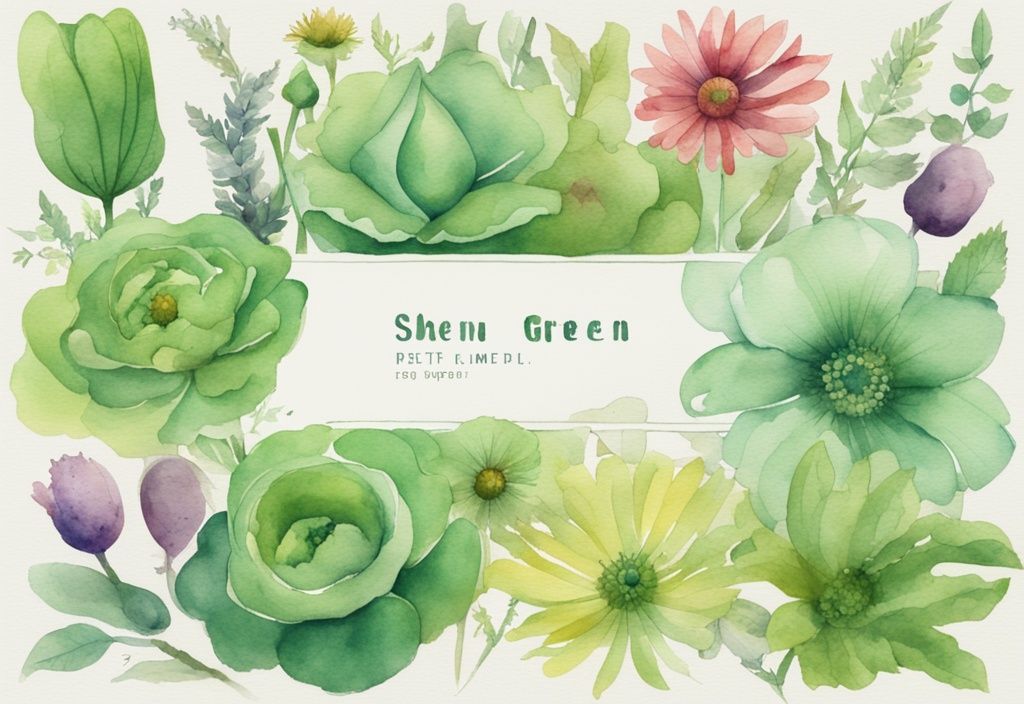

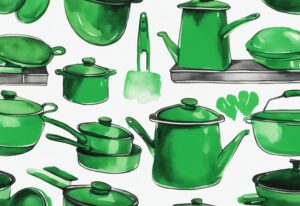



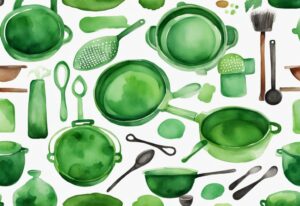
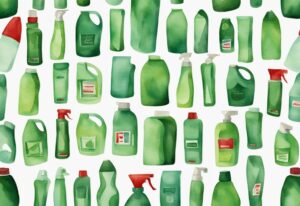
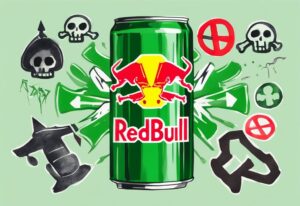
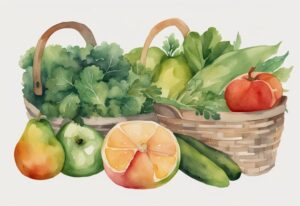
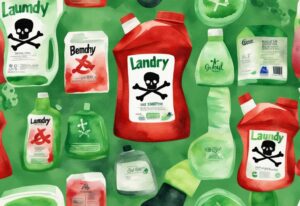
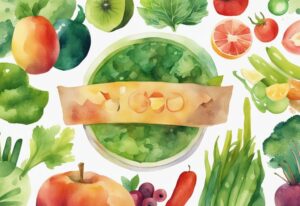
Post Comment